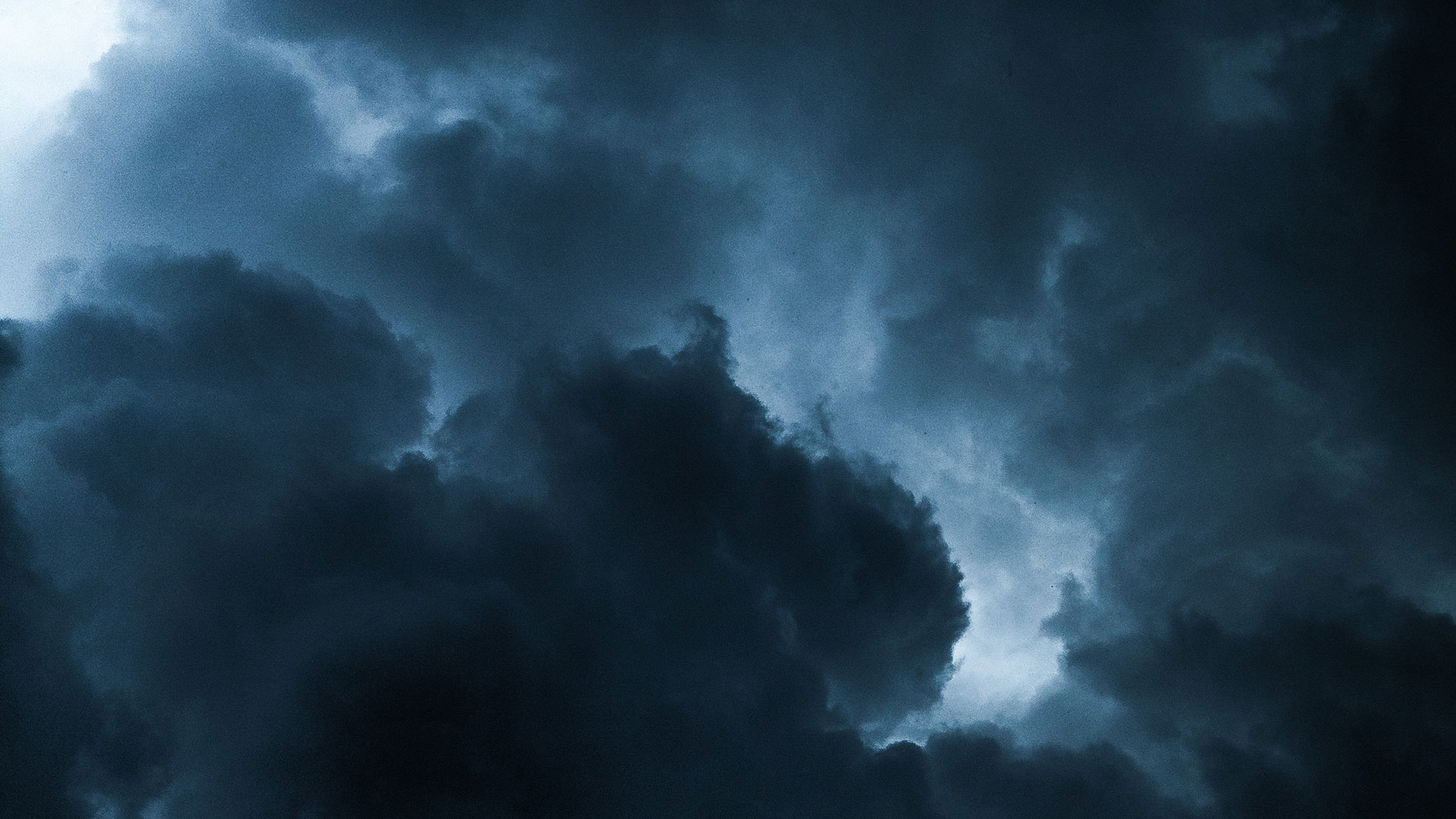How to sleep in a storm: 3 top tips from a sleep expert
Storm Eunice making you anxious? Here are some techniques to help you sleep soundly when there's a storm raging outside


Getting to sleep can be tricky at the best of times, but trying to drop off when there's a storm raging outside your window is a whole different matter. To help you get a good night of shut-eye tonight, T3 spoke to sleep expert Dr Verena Senn to see if she had any techniques to share.
Verena is the resident sleep expert at Emma (the brand behind two of our best mattress picks right now – the Emma Original and Emma Premium), and has a PhD in Neurobiology and nearly 15 years' of research on the brain, sleep patterns and psychological behaviour on her CV, so she knows more than most about the topic. Here are her top tips for how to sleep in a storm:
#1. Stay calm
Storms can feel scary and unsettling, so chances are you might be feeling more anxious than usual. However, because you need your body to feel relaxed in order to drop off, that anxiety can have a major impact on both your quality of sleep and the speed at which to fall asleep, explains Verena.
“Once you’ve taken all the necessary precautions to protect yourself and your home, take some time to wind down and calm yourself before bed," she says. "A great way to do this is through deep breathing exercises which activate the parasympathetic nervous system, bypassing the sympathetic nervous system which is responsible for the body’s ‘fight or flight’ response.”
#2. Snuggle up
“Snuggling up a warm blanket or taking a hot bath before bed will help your body reduce its core temperature by encouraging the blood vessels in your hands and feet to dilate," says Verena. "Cooling the body is an important part of the process of falling asleep which is why I recommend that you keep your bedroom temperature at around 15.5-19°C."
She also recommends using a weighted blanket, if you have one (check out best weighted blanket guide for our recommendations). "[Weighted blankets] are scientifically proven to improve sleep quality by simulating a pressure similar to that of the feeling of being hugged," says Verena. For more info, head to our dedicated article on how weighted blankets work.
#3. Listen to white noise
“With howling wind and rain against the window, noise can also be a huge factor in disrupting your rest during a storm," explains Verena. "White noise – or that ‘shhh’ sound that you might associate with TV static – is produced when every frequency the human ear can hear is played at the same amplitude. Similar to white noise, pink noise with its deeper sounds and lower waves, has been found to help brain activity to decrease, in turn helping you to fall asleep."
Get all the latest news, reviews, deals and buying guides on gorgeous tech, home and active products from the T3 experts
Both white and pink noise can help to relax your brain and prepare it for rest, as well as helping to mask the sounds of the storm outside (although big booms of thunder and the like will probably still wake you, sadly). You can get dedicated white noise machines, or use a pair of sleep headphones to play white noise directly into your ears.

Ruth was T3's Outdoors and Wellness Editor from 2020 to 2022, covering hiking, camping and adventure sports kit, as well as mattresses, sleep accessories, yoga and general wellness. She's now a Homes Editor at sister site TechRadar, where she deals in all things air (vacuum cleaners, robovacs, fans and air purifiers), and hair (hair dryers, straighteners and stylers).